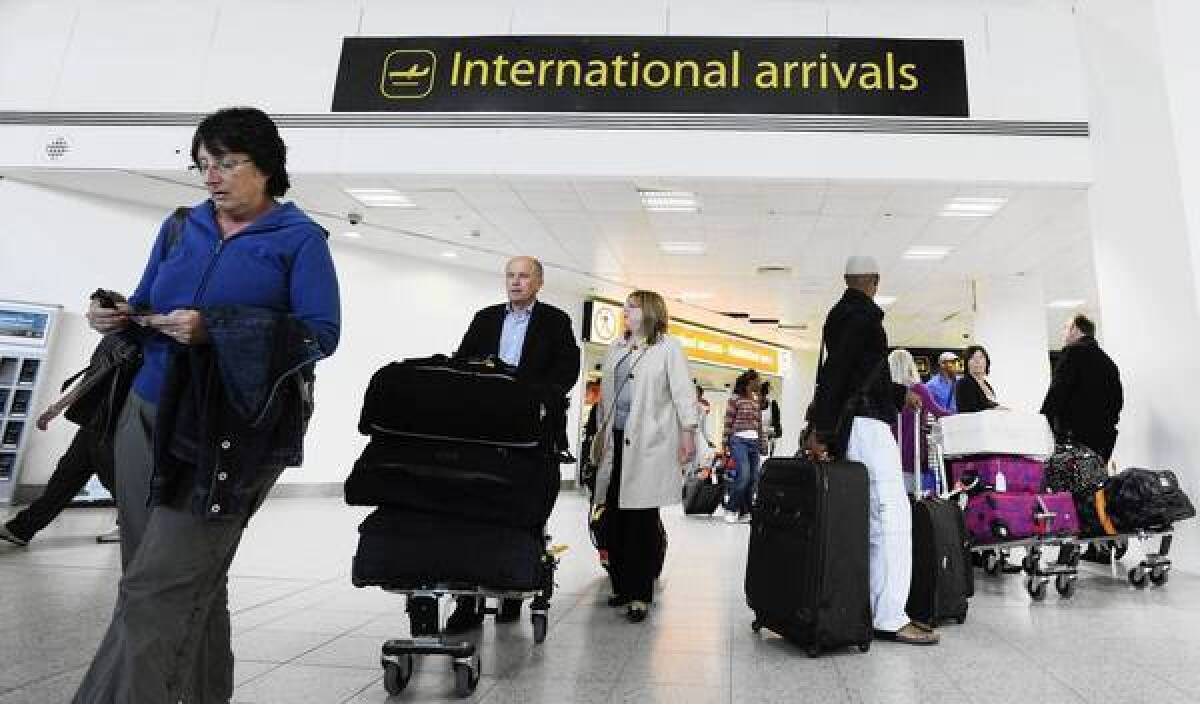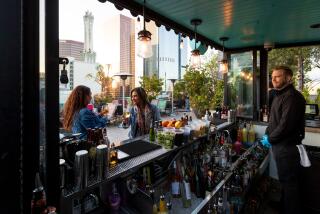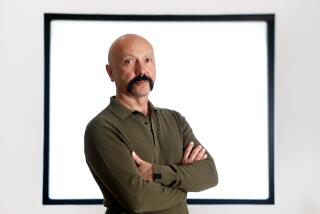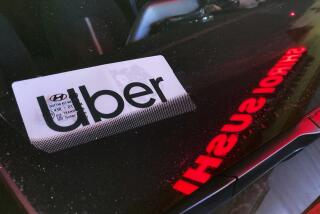U.S. hotels charging higher fees

Airlines are not the only businesses making piles of dough on extra fees.
The nation’s hotel industry is expected to collect $1.95 billion this year from such things as Internet fees, telephone surcharges, business center fees and resort fees, according to a study by New York University professor Bjorn Hanson.
That revenue represents a 5% increase from last year, when hotels amassed $1.85 billion, said Hanson, a hospitality expert who attributed the 2012 rise to improved hotel occupancy rates and higher charges for many of the same services.
Last year many hotels introduced new charges, including to have bell staff hold your bags either before you check in or after you check out.
But this year Hanson said the industry hasn’t created many new fees for fear of drawing the ire of their guests.
“The hotel industry is aware of how travelers feel about airline fees,” he said. “It’s probably not the time to introduce a new form of revenue.”
The fee trend began in 1997, when some high-end establishments added mandatory resort fees. The trend grew during the Great Recession, when hotels added room service delivery fees, mini-bar restocking charges and automatic gratuities, among others.
Still, the airline industry collects far more revenue from fees than hotels.
Last year, 50 of the nation’s largest airlines collected $22.6 billion in fees, according to a recent study by IdeaWorksCompany, a Wisconsin consultant on airline revenues, and Amadeus, a travel technology firm in Madrid.
Passenger eye scanning coming to U.S. airports?
Will the airport of the future be able to verify the identity of passengers with a quick eye scan?
AOptix Technologies Inc., a high-tech company in Campbell, Calif., has developed iris scan technology that the company hopes can be used by the Transportation Security Administration to verify passenger identification in a matter of seconds.
To market, sell and develop such technology, AOptix announced last week that it had acquired $42 million in additional funding from investors, bringing the total amount it has raised to $123 million since it launched in 2000.
AOptix’s scanning technology is already used to identify passengers coming in and out of the international departure lounge at London’s Gatwick Airport and for border control in Qatar. It has not been used in the U.S., AOptix spokeswoman Amanda North said.
The advantage of the AOptix technology, she said, is that the scanning device can confirm the identification of a passenger from as far away as six feet in about two seconds.
The company is in talks with the TSA to bring the technology in the U.S., North said.
“A lot of airports have seen this as an advantage, and I think the U.S. is looking at this as well,” she said.
TSA spokesman Nico Melendez said he could not confirm whether his agency has met with AOptix officials but said the TSA is interested in using biometric technology at the nation’s airports.
Bad behavior suspected of business travelers
When you travel for business, you may work hard and live a clean life, but most people suspect you are drinking, cheating on your spouse and stuffing your face with fatty foods.
That’s the conclusion of an online survey of more than 2,000 adults taken by Harris Interactive on behalf of On24 Inc., a San Francisco webcasting and virtual events company.
The survey found that 94% of those surveyed said “bad behaviors” take place among people who travel to business trade shows and conventions. The behavior, according to those who took the survey, included heavy drinking (77%), cheating on a spouse (66%), spending too much money (54%) and eating fatty foods (53%).
More to Read
Sign up for The Wild
We’ll help you find the best places to hike, bike and run, as well as the perfect silent spots for meditation and yoga.
You may occasionally receive promotional content from the Los Angeles Times.






